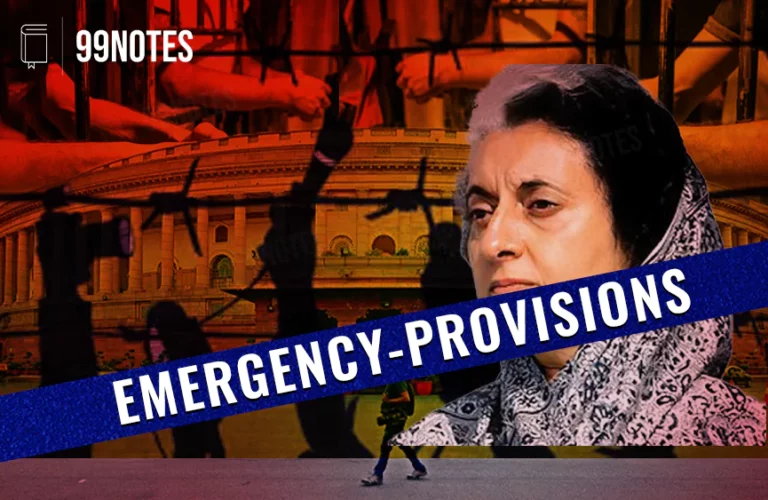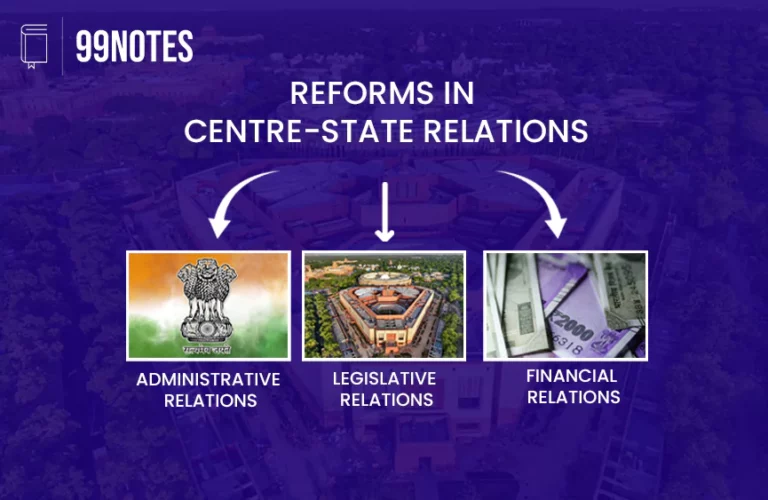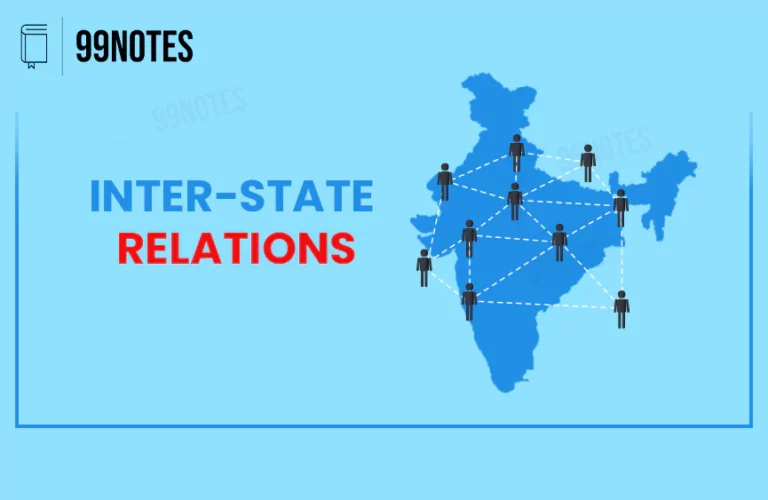The Chief Minister: Appointment, Oath, Power and Functions- Complete Notes for UPSC
Chief Minister Article 163 of the Indian Constitution states, “There shall be a Council of Ministers with the Chief Minister (CM) at the head to aid and advise the Governor of the state in the exercise of his functions”. In the parliamentary form of government, the Chief Minister is the real executive authority in states….



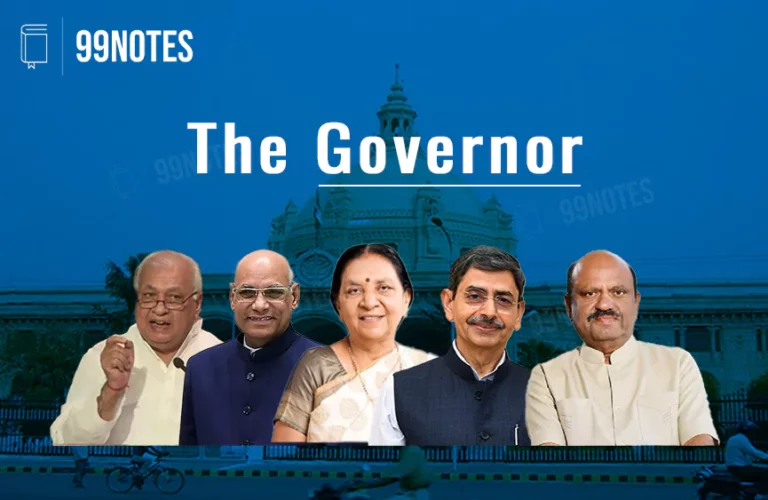

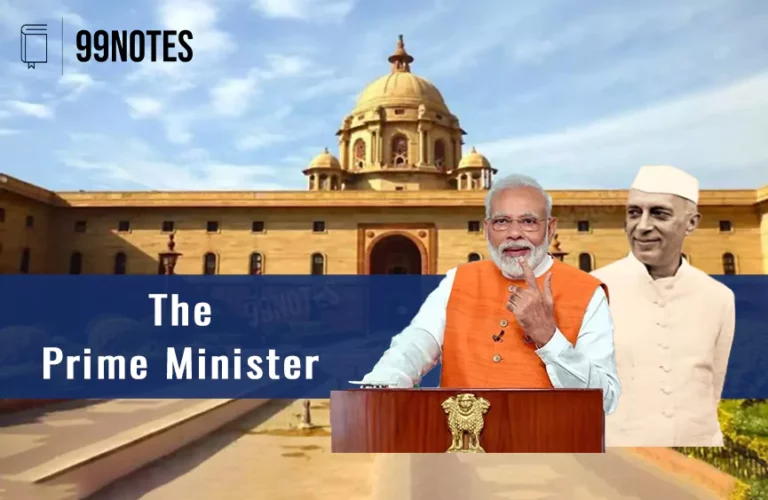

![Salient Features Of Indian Constitution [Upsc Notes] | Updated February 22, 2026 Salient Features Of Indian Constitution [Upsc Notes]](https://99notes.in/wp-content/uploads/2023/08/salient-features-of-indian-constitution-banner-99notes-upsc-654cce9bf3d76.webp)
